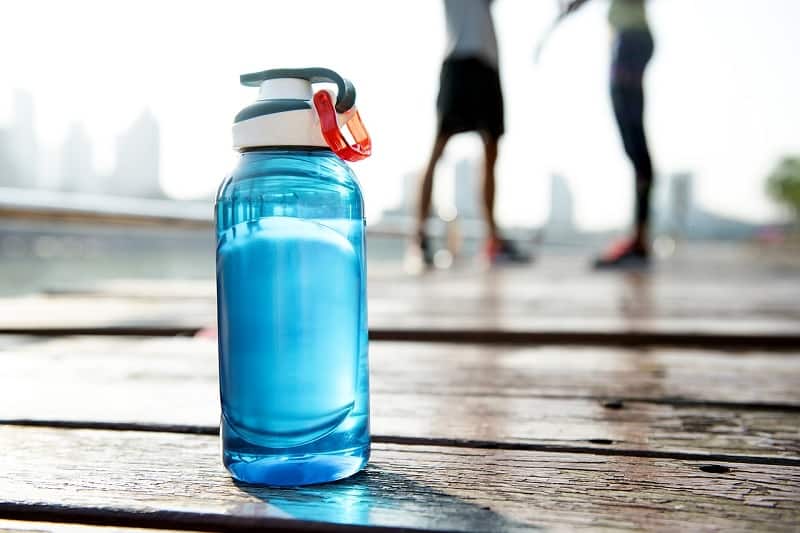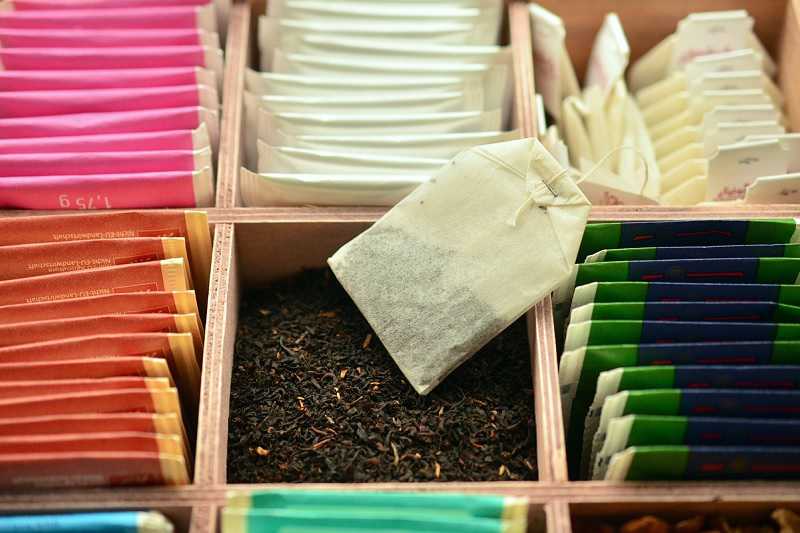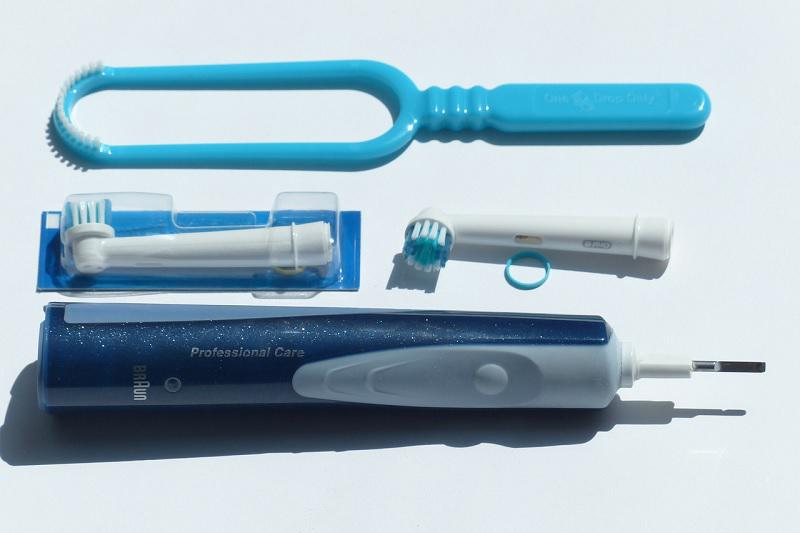Polypropylene (PP) is a thermoplastic polymer (a type of plastic) that has a wide variety of applications.
It’s a very durable plastic that is resistant to fatigue, which is why it’s used for things such as flip-top bottles, piping systems and kettles. It’s also used in sanitary products, woven bags and to seal tea bags (yes—a lot of tea bags actually contain plastic!)
Is Polypropylene Biodegradable?
No, polypropylene is not biodegradable.
Unfortunately, the term ‘biodegradable’ is often defined vaguely.
The Cambridge Dictionary defines ‘biodegradable’ as meaning something that is “able to decay naturally and in a way that is not harmful”.
Other definitions often say that something is biodegradable if it can be broken down by microorganisms relatively rapidly (usually within a year).
Polypropylene (PP) takes about 20-30 years to degrade, and will release toxins in the process, so it can’t be described as biodegradable.
Since all plastics contain harmful toxins that will leach into the soil when broken down, it could be argued that no plastic is really biodegradable.
Some plastics are labelled as biodegradable since they break down more quickly, but this doesn’t mean they are safe for the environment.
Also, biodegradable plastics aren’t always as biodegradable as they’re made out to be. Sometimes these plastics will only degrade quickly in temperatures above 50°C, so they won’t break down in the earth or the ocean.
Is Polypropylene Environmentally Friendly?
Polypropylene is more environmentally friendly than some other plastics.
It’s recyclable and doesn’t release as many toxins as plastics such as PVC. It also breaks down more quickly, taking just 20-30 years compared to over 500 years for some other plastics.
However, no plastic is really environmentally friendly.
If you’re looking to reduce your use of plastic, check out our guide here:

Laurence is the founder and editor of Naturaler. He’s been working in the online world for over 5 years and is trying to live a more natural and eco-friendly lifestyle every day.




Perfect for a paper I’m writing about whether PVC or PP is more environmentally friendly haha!